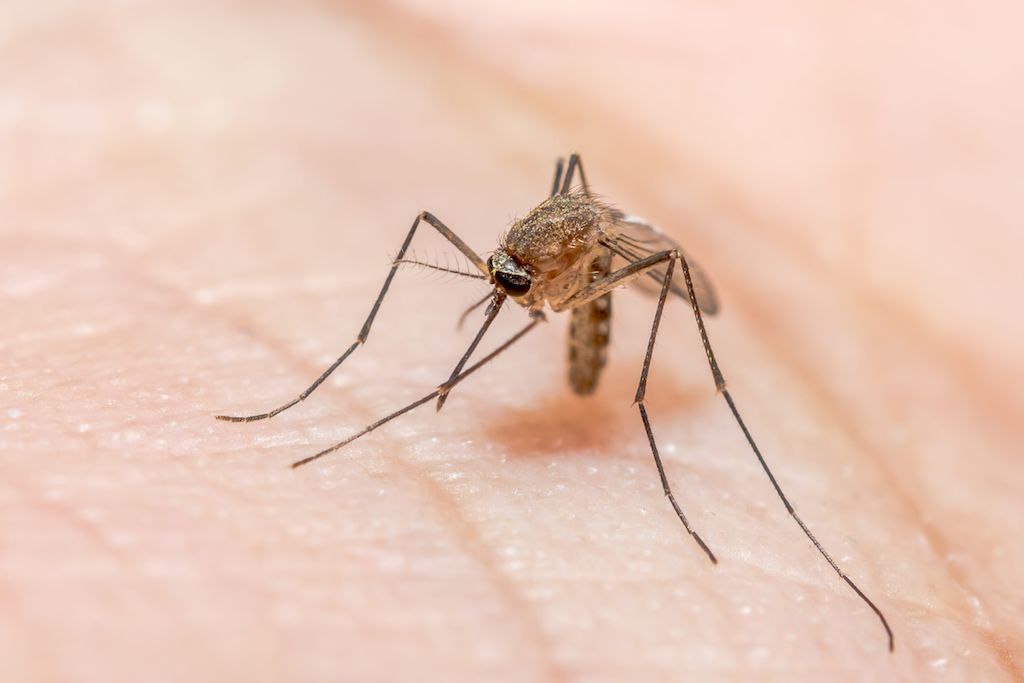I have Malaria
I moved from my comfort zone to join an event in a malaria endemic environment. I was welcomed by mosquitoes and got malaria. I am now on treatment. Kindly provide simple information to educate the public. Ahsan Q. Thanks for your question Ahsan and wishing you quick recovery. Malaria is a disease caused by a […]

I moved from my comfort zone to join an event in a malaria endemic environment. I was welcomed by mosquitoes and got malaria. I am now on treatment. Kindly provide simple information to educate the public.
Ahsan Q.
Thanks for your question Ahsan and wishing you quick recovery. Malaria is a disease caused by a plasmodium parasite transmitted to humans through the bites of infected mosquitoes.
What are the symptoms?
A malaria infection is generally characterised by the following signs and symptoms:
- Fever and chills
- Headache
- Nausea and vomiting
- Muscle pain and fatigue
Other signs and symptoms may include:
- Sweating
- Chest or abdominal pain
- Cough
Some people who have malaria experience cycles of malaria “attacks.” An attack usually starts with shivering and chills, followed by a high fever, followed by sweating and a return to normal temperature. Malaria signs and symptoms typically begin within a few weeks after being bitten by an infected mosquito. However, some types of malaria parasites can lie dormant in our body for up to a year.
What are the causes?
- Malaria is caused by a type of microscopic parasite. The parasite is transmitted to humans most commonly through mosquito bites. Uninfected mosquito: A mosquito becomes infected by feeding on a person who has malaria. If this mosquito bites you in the future, it can transmit malaria parasites to you. Once the parasites enter your body, they travel to your liver, where some types can lie dormant for as long as a year. When the parasites mature, they leave the liver and infect your red blood cells. This is when people typically develop malaria symptoms.
- Because the parasites that cause malaria affect the red blood cells, people can also catch malaria from exposure to infected blood, including: From mother to unborn child AND through blood transfusions AND by sharing needles used to inject drugs.
What are the risk factors?
The biggest risk factor for developing malaria is to live in or to visit areas where the disease is common. There are many different varieties of malaria parasites.
People at increased risk of serious disease include:
- Young children and infants
- Older adults
- Travelers coming from areas with no malaria
- Pregnant women and their unborn children
- Poverty, lack of knowledge, and little or no access to health care also contribute to malaria deaths worldwide.
Examples of complications?
- Cerebral malaria: If parasite-filled blood cells block small blood vessels to your brain (cerebral malaria), swelling of your brain or brain damage may occur. Cerebral malaria may cause seizures and coma.
- Breathing problems: Accumulated fluid in your lungs (pulmonary edema) can make it difficult to breathe.
- Organ failure: Malaria can cause your kidneys or liver to fail, or your spleen to rupture. Any of these conditions can be life-threatening.
- Anemia: Malaria damages red blood cells, which can result in anemia.
- Low blood sugar: Severe forms of malaria itself can cause low blood sugar (hypoglycemia).
Preventive measures?
- Cover your skin: Wear trousers and long-sleeved shirts.
- Apply insect repellant to skin and clothing.
- Sleep under a net: Bed nets, particularly those treated with insecticide, help prevent mosquito bites while you are sleeping.
- If you are going to be traveling to a location where malaria is common, talk to your doctor to prescribe prophylaxis
- No vaccine yet for Malaria
Treatment options?
Malaria is treated with prescription drugs to kill the parasite. The types of drugs and the length of treatment will vary, depending on:
- Which type of malaria parasite you have
- The severity of your symptoms
- Your age
- Whether you are pregnant or not
